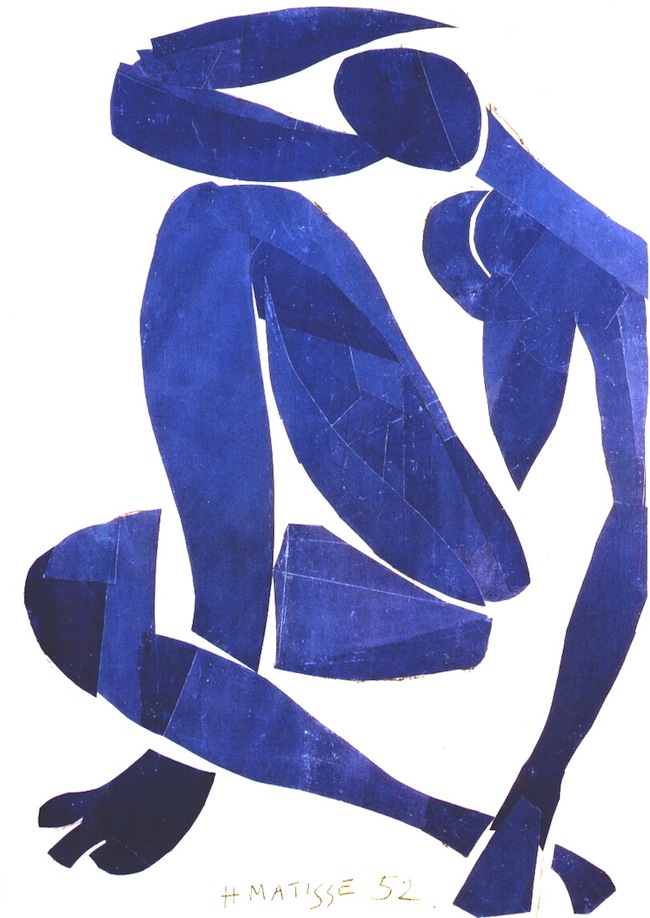Back when I was looking into the different ways the Japanese called their wives, I was reminded of how the kanji 女 (おんな, onna), which means “woman”, is used as a part or radical of other Chinese characters.
Onna (女) woman
 Yomé (嫁)
Yomé (嫁)
“woman” + “house”
a bride, wife, daughter-in-law
Ané (姉)
“woman” + “market”
one’s older sister
Imôto (妹)
“woman” + “the end, youngest”
one’s younger sister
Musume (娘)
“woman” + “good”
daughter, a girl
Fujin (婦人)
“woman” + “clean?”
a woman, a lady
Shûtome (姑)
“woman” + “old”
one’s mother-in-law
Mei (姪)
“woman” + “extremely, resulting”
niece
Hime (姫)
“woman” + “great, giant”
a princess
Muko (婿)
“woman” + “?”
son-in-law
There are, I believe, 100 kanji that contain the radical 女, including one that looks like it could possibly be the Chinese character for love sandwich:
Jô/Naburu (嬲)
“男/man” + “女/woman” + “男/man”
Naburu (嬲る), actually, means to “tease” or “mock” as in:
子犬を嬲る (koinu-o naburu)
tease a little dog
彼は友達から嬲られた (kare-wa tomodachi kara naburareta)
He was made fun of by his friends.